Which Classic Novel Is Worth Re-reading in Your 30s?
Reading insightful, good books in your thirties can be immensely beneficial.
While you appreciate the richness of the world, you'll also gain a deeper understanding of life's twists and turns through experience. Literary classics become the spiritual pillars that guide us forward. Like the bright stars in the night sky, they point the way and allow us to gaze upon the stars even in the midst of adversity. Let's explore these ten literary classics worth rereading and feel the spiritual impact and empowerment they bring.
- "Walden"

One of the American author Thoreau's masterpieces, it recounts his two years of solitary living by Walden Pond and his reflections on nature, society, and life. The book emphasizes the importance of simple living and individual thought, and later influenced the environmental movement and anti-consumerist culture.
- "The Hunchback of Notre Dame"
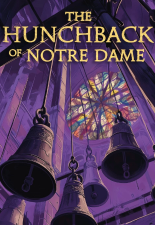
"We mistook the setting sun for the dawn." This is a reflection of the life of the gypsy girl Esmeralda. Her beauty, like a dazzling star, captivated countless people, including the archdeacon Claude Frollo and the unsightly Quasimodo. However, it was this very beauty that plunged her into endless difficulties. During her suffering, those who claimed to love her, some attempted to seize her, while others stood by indifferently. Only Quasimodo silently fought for her, protecting her dignity and life.
Why did two equally noble souls have such different outlooks? Through this tragedy, we may gain a deeper understanding of Claude Frollo's inner world. He was not truly evil, but a lonely soul struggling between desire and faith.
- "The Old Man and the Sea"
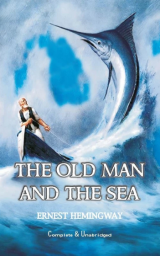
"A man can be destroyed but not defeated." This is the unwavering belief of the old fisherman in "The Old Man and the Sea," and it is also the attitude each of us should adopt when facing adversity. After 84 days of failing to catch a fish, he finally reeled in a large fish all by himself. However, the fish's strength far exceeded his expectations, and he exhausted all his energy to capture it. It's like striving for something in life, finally achieving it after countless hardships, only to discover the gains weren't worth the effort.
- "For Whom the Bell Tolls"
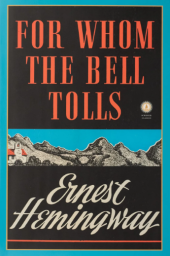
Published in 1940, this novel by Ernest Hemingway tells the story of an American volunteer and a Slovak doctor fighting for the anti-fascist cause during the Spanish Civil War. Through the experiences of these two protagonists, the novel offers a profound reflection on humanity, love, war, and the meaning of society. As the poets say, "Ask not for whom the bell tolls; it tolls for you and me."
- "Madame Bovary"
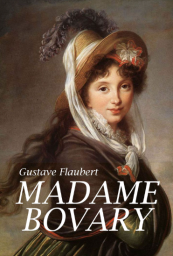
"She thought she was safe in her room, but she knew not that cracks were beginning to appear in the walls." This line foreshadows the impending change in Emma's fate. Despite her humble origins, she harbors unrealistic fantasies, sacrificing her youth and reputation in pursuit of lust, wealth, and power. 6. Pride and Prejudice
"In this world, if you can't laugh at others, how can you avoid being laughed at? The joy of life often lies in this back-and-forth banter."
Darcy glimpsed Elizabeth in the crowd, and that one glance determined his capture of her heart. Although young Darcy didn't truly understand the true meaning of love, he and Elizabeth ultimately overcame the barriers of pride and prejudice and enjoyed a happy ending.
- "The Count of Monte Cristo"

"Freedom is what everyone desires. But true freedom lies not in doing whatever one wants, but in finding oneself within constraints and remaining resilient in the face of adversity."
In this work, Dantes's life as a self-proclaimed count on the island of Monte Cristo, and his successful revenge, set the stage for classic tropes in popular fiction.
- "One Hundred Years of Solitude" - Gabriel García Márquez
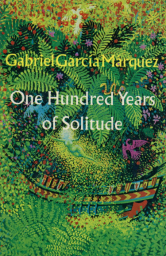
This magical realist novel tells the story of a wealthy family passed down through generations. Márquez's writing is imaginative and culturally charged, offering readers a wealth of literary and cultural insights.
- "The 7 Habits of Highly Effective People"
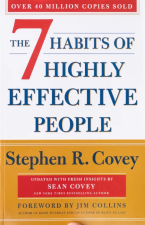
"The 7 Habits of Highly Effective People" is a classic work by Dr. Stephen Covey. Since its publication, it has been widely acclaimed and admired worldwide.
It is not only a guidebook for personal growth, but also a crucial reference for business management and team building.
In the book, Dr. Covey summarizes and proposes seven habits shared by highly effective people. These seven habits form a comprehensive system that guides us towards a highly effective life and work.
These seven habits are not only crucial for personal growth, but also have profound implications for the development of businesses and teams.
By learning and practicing these habits, we can continuously improve and surpass ourselves, ultimately achieving a highly effective life.
- "Antifragile"
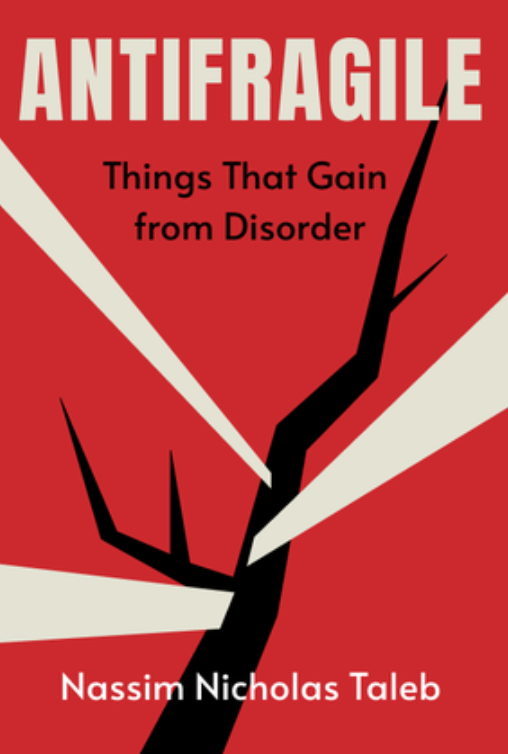
"Antifragile" delves into the ability to not only survive but also profit from uncertainty and volatility—the, the ability known as antifragility.
Through extensive case studies and theoretical analysis, Nassim Nicholas Taleb reveals the limitations of traditional risk management and forecasting methods and proposes a new mindset. In the book, Taleb defines the concept of "antifragility," emphasizing the ability to grow and thrive in the face of adversity.
He also proposes various strategies for enhancing antifragility, aiming to help us flexibly adjust our strategies in the face of uncertainty and volatility, thereby achieving better survival and development.
Overall, this is a book full of wisdom and inspiration, offering a new way of thinking that can help us find opportunities for growth and development amidst uncertainty and volatility.
For those seeking to improve their adaptability and resilience to stress, this book is undoubtedly an invaluable read.


